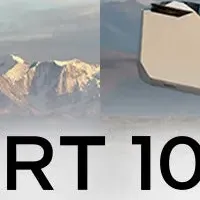
ITU and Huawei Unveil Groundbreaking White Paper on Lithium Batteries for Telecom Sites
ITU and Huawei Unveil Groundbreaking White Paper on Lithium Batteries for Telecom Sites
The Huawei Global Digital Power Summit, held at MWC 2025 under the theme "AI Powering a Greener ICT," witnessed a significant unveiling in the tech industry. Leaders, telecom operators, and experts gathered to share insights on sustainable development in the era of Total Intelligence. A pivotal moment came when the International Telecommunication Union (ITU) and Huawei jointly released a comprehensive white paper addressing lithium batteries for telecommunication sites, marking the first document of its kind in the world.
Advancements in Carbon Reduction
Charles Yang, Senior Vice President of Huawei and President of Global Marketing, Sales and Services at Huawei Digital Power, highlighted that although the industry has made substantial strides in reducing carbon emissions, the climate crisis remains a daunting challenge. Remarkably, the telecommunications industry produces approximately 600 million tons of carbon emissions, representing 2% of the global total. In pursuit of carbon neutrality, telecom operators face several hurdles, including rising emissions, higher energy consumption, and increasing energy costs. Huawei Digital Power is striving to merge digital technology with power electronics, offering low-carbon solutions across various scenarios to transition operators from energy consumers to energy producers and facilitators.
Innovative Solutions for Energy Efficiency
Yang further noted how several leading global operators have effectively saved energy, reduced carbon emissions, and cut operational energy costs, aided by Huawei's innovative solutions. Many of these operators are also participating in the electricity market via Virtual Power Plants (VPPs) to gain additional benefits and explore new growth avenues.
For example, in Pakistan, Huawei has implemented photovoltaic energy storage system solutions which help clients replace diesel generators with solar energy systems, leading to a staggering 96% reduction in fuel consumption per site. The anticipated ecological transformation in 1,000 sites is expected to cut energy operational costs by 38%. Similarly, in the Czech Republic, Huawei has helped operators extend backup time and increase revenue by engaging in the electricity market.
In Finland, Huawei collaborated with a telecommunications operator to integrate energy storage systems in both telecom sites and residential, commercial, and industrial settings, tapping into frequency response services in the electric market, which substantially boosted revenue.
In Inner Mongolia, Huawei's proposed solution to decouple subsystems has enabled swift implementation of large language model services in artificial intelligence.
Environmental Impact and Key Findings
Huawei Digital Power has enabled its clients in the ICT industry to generate 2.28 billion kWh of green energy while saving 81.6 billion kWh, amounting to a reduction of carbon emissions by 39.86 million tons—equivalent to planting 54.46 million trees.
The white paper emphasizes the significance of employing high-quality lithium batteries. It demands that these batteries deliver exceptional performance and underscores the necessity for comprehensive security system construction. Additionally, the document discusses safety issues related to lithium batteries in telecommunications, sharing recent research findings and global best practices. It aims to promote the safe, reliable, and efficient application of lithium batteries within the telecom sector.
Reyna Úbeda from the ITU-T SG5 stated that the standardization sector of ITU is working tirelessly towards environmental efficiency in ICT. Safe, high-quality lithium batteries are crucial for enabling more efficient energy storage and consumption at telecom sites, consequently reducing their overall carbon footprint.
The ITU and Huawei also released a white paper focusing on safe applications of lithium batteries for data centers, to standardize and promote large-scale integration of lithium-ion technologies in this vital industry.
A Future-Focused Vision
As we usher in a new era of Total Intelligence—filled with AI applications and smart scenarios—the potential for energy consumption optimization presents new challenges and opportunities. The global telecommunications industry stands on the brink of transformative development.
Huawei Digital Power is committed to relentless innovation, collaborating with like-minded global partners to create new commercial value and pave the way for a brighter, greener future.
Download the white paper here for more in-depth insights.
Topics Consumer Technology)



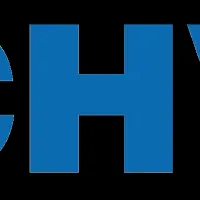
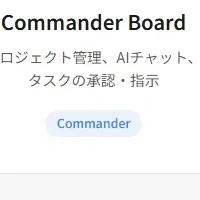
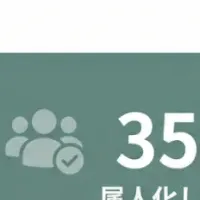

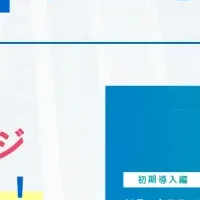


【About Using Articles】
You can freely use the title and article content by linking to the page where the article is posted.
※ Images cannot be used.
【About Links】
Links are free to use.